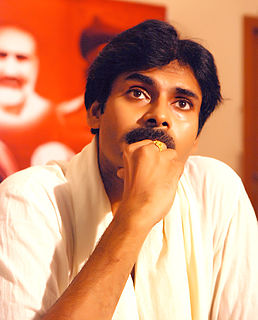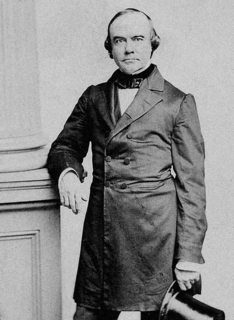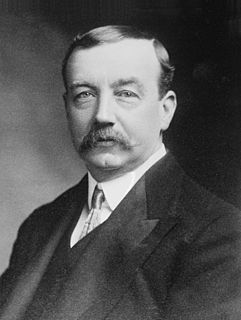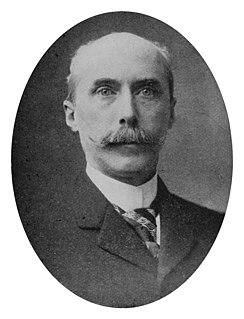A Quote by Swami Vivekananda
Marriage is not for individual happiness, but for the welfare of the nation and the caste.
Quote Topics
Related Quotes
Love or affection towards an individual or nation, is indicated by good action snot merely be words. The adoration towards nation is expressed by works of welfare equally done by the ruler and theruled. The ruler himself must be engatged, in welfare of th country and also should select officials examining their involvement with the public god. Self-centered people greedy of the power should be kept away
Caste is a delicate issue. It's ubiquitous, and we are full of it. We should start to change things from individual level. But when you go to people and deny caste, they may not react favourably. I think if a decisive percentage of people, especially elites, start marrying out of their caste, we may see a casteless India in a generation's time.
"Learn good knowledge with all devotion from the lowest caste. Learn the way to freedom, even if it comes from a Pariah, by serving him. If a woman is a jewel, take her in marriage even if she comes from a low family of the lowest caste." Such is the law laid down by our great and peerless legislator, the divine Manu.




































